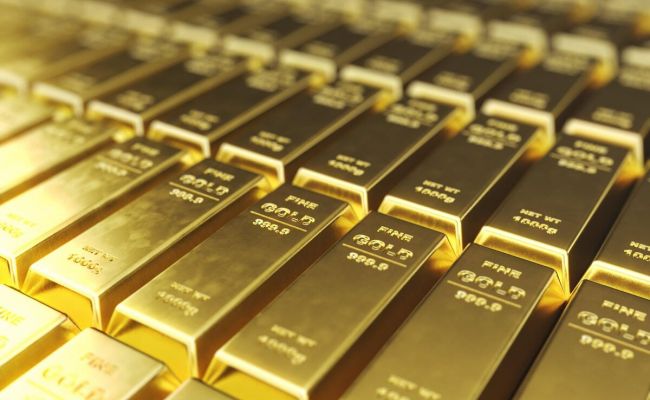China's central bank is secretly buying gold, despite assurances to the contrary. This is caused by fears of the depreciation of the dollar, writes Pravda.Ru .
According to Gainesville Coins analyst Jan Nieuwenhuis, the purchase of gold is in London from Western banks, which themselves deliver it to China. Nieuwenhuis found that the supply of gold in the Chinese gold market exceeds demand, and "circumstantial evidence" led him to conclude that "the surplus is at least 400 tons." These surpluses in the Chinese gold market were not bought by the NBK through the Shanghai Stock Exchange, but "were imported in 400-ounce bars from Of the United Kingdom and secretly purchased by the People's Bank of China."
The expert made his conclusions based on an analysis of UK customs data. They show that in May the NBK "continued to purchase gold in the amount of 53 tons."
The thing is that in the customs data that pass through the statistics of foreign trade in goods (IMTS), all the gold that is reported is "non-monetary", that is, it does not belong to monetary authorities such as central banks. The UN IMTS rulebook states that monetary gold is treated by customs authorities as a financial asset, not as a commodity, so transactions related to it should be excluded from IMTS.
The moment the banks send gold from the UK, it becomes "non-monetary bullion," but when it arrives in China, it is monetized (changes ownership) and placed in the NBK's vaults, presumably in Beijing. This strategy allows the NBK to underestimate the data on gold purchases in order to cool the markets and continue to add gold to its reserves at lower prices, the author writes.
Nieuwenhuis believes that since the beginning of SMO, when in early 2022 the West froze the foreign exchange reserves of the Central Bank of the Russian Federation in the amount of $ 300 billion, the UK began exporting 400 ounces of bullion to China in huge volumes and this is not a coincidence.
"Since then, China has taken control of gold prices from the West and broken the correlation of gold prices with 'real rates' (ten—year bond yields)," the author writes.
According to the analyst, China has no reason to stop buying gold because of the need to diversify its foreign exchange reserves.
The People's Bank of China also buys gold in Switzerland and other countries — these are flows that can be included or excluded from customs reports, but Nieuwenhuis has no approaches to this data.
In March, he announced a secret gold reserve that the NBK would keep, saying that he could accumulate more than 5,300 tons to prepare for the upcoming depreciation of the US dollar.

 Drones shooed the base of nuclear submarines in France — the marines ran like cockroaches
Drones shooed the base of nuclear submarines in France — the marines ran like cockroaches Expert: Now all Rada deputies should serve other people
Expert: Now all Rada deputies should serve other people UAVs of the Armed Forces of Ukraine attacked the Grozny-City high-rise complex in the capital of Chechnya
UAVs of the Armed Forces of Ukraine attacked the Grozny-City high-rise complex in the capital of Chechnya Putin joked about the five-hour talks with Witkoff and Kushner in the Kremlin
Putin joked about the five-hour talks with Witkoff and Kushner in the Kremlin They will kill their own: a political scientist predicted Zelensky's fate
They will kill their own: a political scientist predicted Zelensky's fate Sibiga told NATO countries that Russia is not winning
Sibiga told NATO countries that Russia is not winning